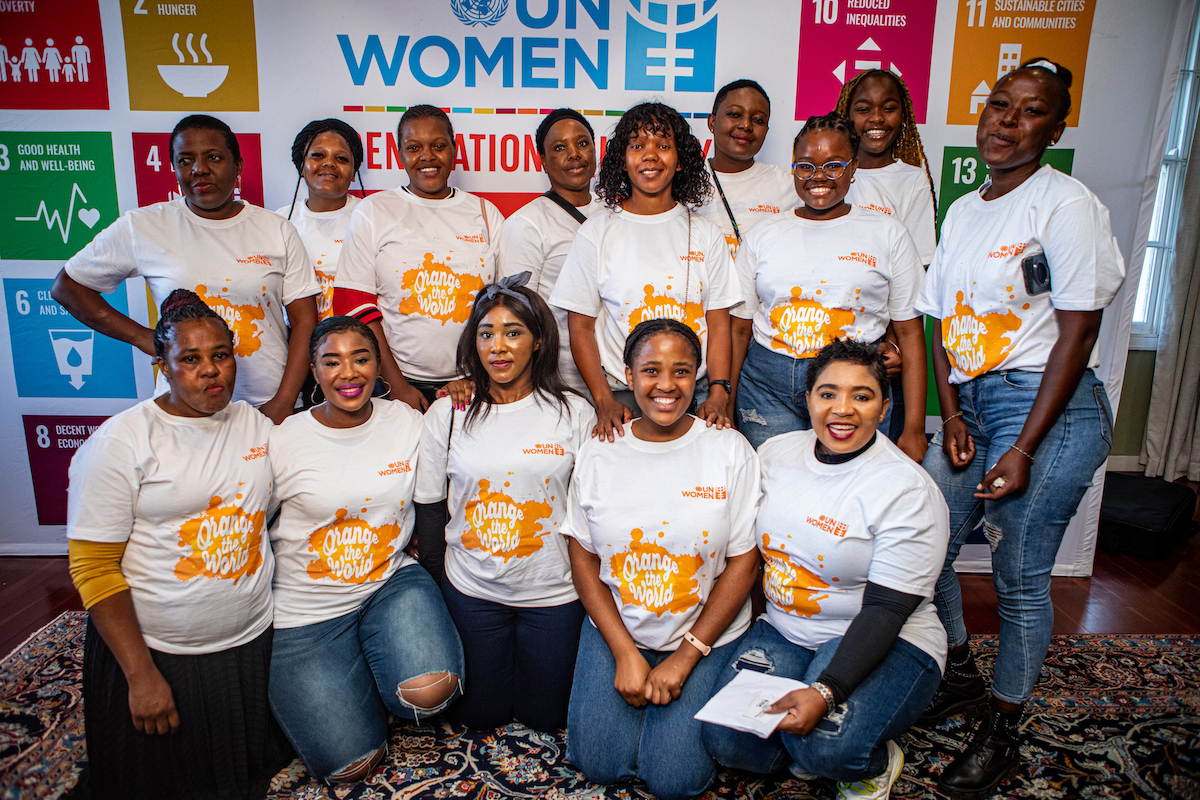UN Women – Nokia partnership: advancing gender equality and women’s empowerment through online solutions
Date:

In 2024, UN Women and Nokia embark on the second phase of their global partnership, scaling-up the successful results of phase 1 (Saudi Arabia, South Africa and Kenya 2022-2023) to five regions. The global partnership aims to facilitate women’s empowerment through tailored online solutions. Agenda 2030 for Sustainable Development recognizes that “information and communications technology and global interconnectedness has great potential to accelerate human progress, to bridge the digital divide and to develop knowledge societies”. Under Sustainable Development Goal 5, the international community, including the private sector, has committed itself to enhance the use of enabling technology, in particular information and communications technology, to promote the empowerment of women everywhere. The UN Women – Nokia partnership sets out to increase women’s engagement in the online world, according to country contexts and priorities. In 2024, the programme is being implemented in Argentina, India, Jordan, the Philippines, Saudi Arabia, South Africa, Tunisia and Türkiye.
The collaboration between UN Women and Nokia introduces an innovative partnership model to advance gender equality and women's empowerment by leveraging global resources and local expertise to achieve our common objectives. The partnership is founded on a strong ethos of collaboration between UN Women and Nokia, which sees Nokia personnel across the globe participating in the direct implementation of projects alongside UN Women, as sustainable development partners. The project design and implementation are fully aligned with UN Women’s global Strategic Plan 2022-2025 and contribute to Nokia’s implementation of the Women's Empowerment Principles.
In South Africa the partnership will support women GBV survivors, including those living with or at risk of HIV, from selected underprivileged communities through training that will enable them to start and run small businesses, and be better skilled to seize economic opportunities. Additionally, the programme will include leadership and socio-economic empowerment dialogues to build resilience to HIV and GBV and reduce the vulnerability of the young women to these social ills. This partnership is built on the previous Nokia supported programme in Phase I "Action for Employment” – where women GBV survivors and affected by HIV were provided with skills in digital fluency to open better opportunities for increased financial income and independence". The partnership is anchored on the principle of Leave No One Behind and is keen to ensure the trained young women embark on meaningful livelihoods.